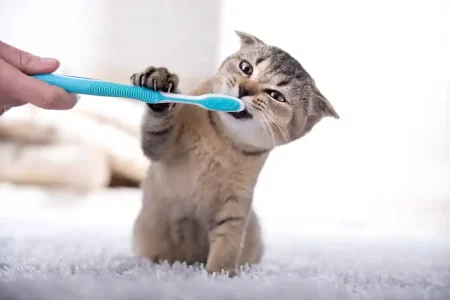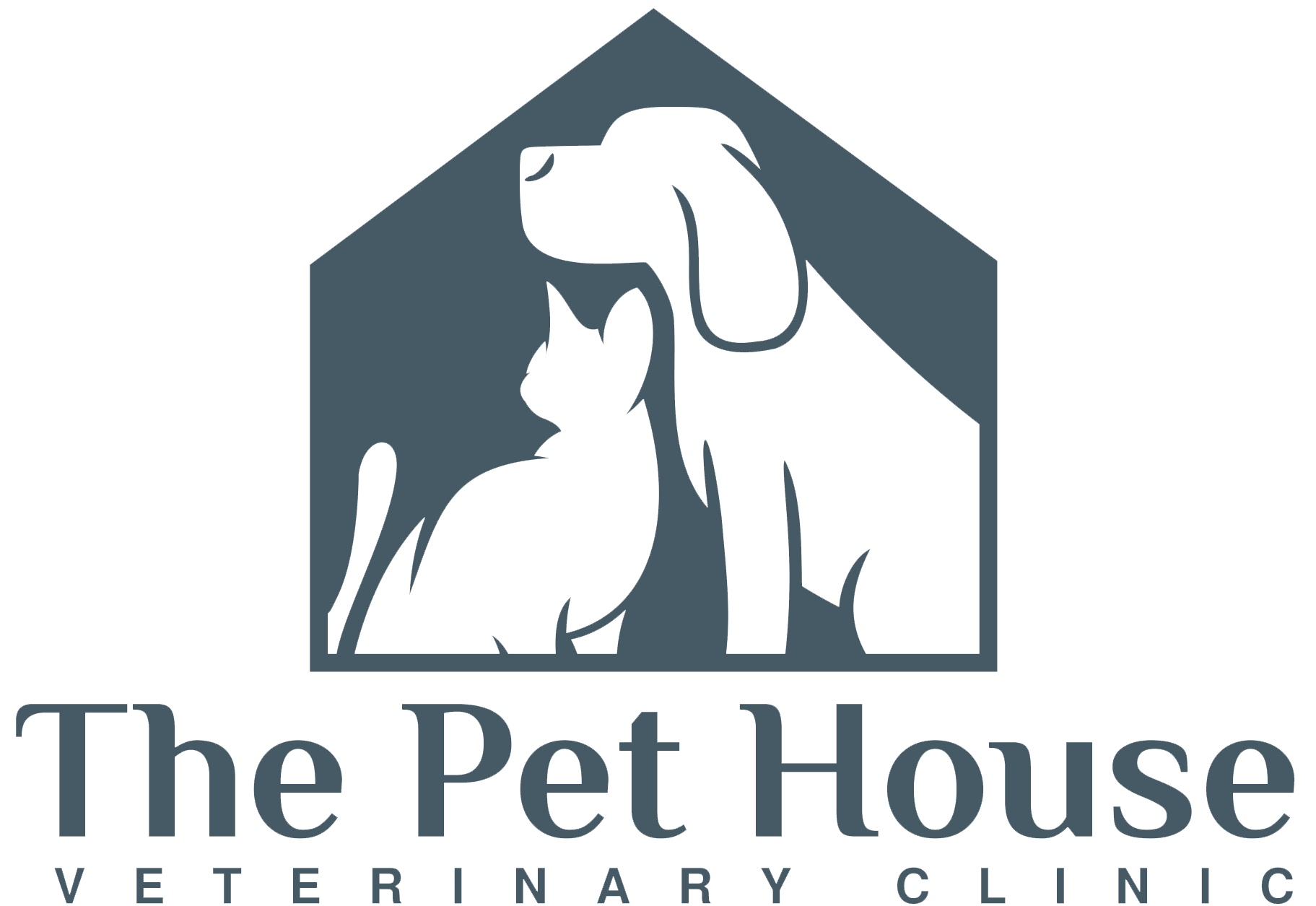
The Role of Dental Health in Your Pet’s Overall Well-being
Dental health is a crucial but often overlooked aspect of pet care. Just like humans, pets are susceptible to oral health problems, and these issues can have a significant impact on their overall well-being. Good dental hygiene not only helps prevent painful dental diseases but also plays a key role in maintaining your pet’s general health. In this article, we will explore the importance of dental care for pets, common dental issues they face, and how you can ensure your pet’s mouth stays healthy.
The Importance of Dental Health in Pets
Dental health affects more than just your pet’s teeth and gums. A healthy mouth is vital for your pet’s overall quality of life. Oral diseases, such as gum disease or tooth decay, can cause significant pain and discomfort. Pets suffering from oral health issues may have trouble eating, leading to malnutrition, weight loss, or other digestive problems. Additionally, dental health is linked to various systemic conditions. Infected teeth and gums can allow bacteria to enter the bloodstream, potentially affecting vital organs like the heart, kidneys, and liver. This means that poor dental hygiene can lead to severe health problems beyond the mouth.
Common Dental Problems in Pets
Pets can suffer from several types of dental issues, many of which are preventable with proper care. Some of the most common dental problems include:
Plaque and Tartar Build-up: Plaque is a sticky film of bacteria that forms on teeth. If not removed by regular brushing, it hardens into tartar. Tartar can only be removed by a veterinarian and can cause gum inflammation and more serious periodontal diseases.
Gingivitis: Gingivitis is an early stage of gum disease, characterized by red, swollen, and bleeding gums. It occurs when plaque and tartar build up along the gum line. If left untreated, it can progress to periodontitis.
Periodontal Disease: Periodontal disease is a serious infection of the gums and tissues surrounding the teeth. It can cause tooth loss and is painful for your pet. In severe cases, it can lead to systemic infections affecting organs such as the heart and kidneys.
Tooth Fractures: Pets, especially dogs, can fracture their teeth by chewing on hard objects like bones, sticks, or hard toys. Fractured teeth can be painful and may require dental treatment to prevent infection.
Bad Breath (Halitosis): Foul-smelling breath can be a sign of poor oral hygiene, gum disease, or underlying health issues. Persistent bad breath should not be ignored as it may indicate an oral infection or other medical concerns.
The Link Between Dental Health and General Health
Poor dental health doesn’t just affect your pet’s mouth; it can impact their entire body. Bacteria from infected gums and teeth can enter the bloodstream and spread to other organs. This can result in a number of serious health issues, including:
- Heart Disease: The bacteria from gum infections can reach the heart, causing inflammation in the heart valves, which can lead to heart disease.
- Kidney Problems: Chronic dental disease has been linked to kidney damage due to bacteria entering the bloodstream and affecting the kidneys’ function.
- Liver Disease: The liver can also be affected by bacterial infections originating in the mouth.
By maintaining proper dental hygiene, you can reduce the risk of these systemic diseases and enhance your pet’s overall health.
How to Care for Your Pet’s Teeth
Dental care is essential to prevent oral diseases and maintain your pet’s health. Here are some steps you can take to ensure your pet’s mouth stays in top condition:
Regular Brushing: Brushing your pet’s teeth is one of the most effective ways to prevent plaque and tartar build-up. Use a toothbrush and toothpaste designed specifically for pets, as human toothpaste can be harmful to them. Aim to brush your pet’s teeth several times a week, if not daily.
Dental Treats and Chews: Providing your pet with dental chews and treats can help reduce plaque and tartar. These are designed to promote chewing, which naturally scrapes away debris from teeth. However, they should not replace regular brushing.
Veterinary Dental Check-ups: Schedule annual or bi-annual veterinary dental exams. Your vet can check for signs of oral disease and perform professional cleanings to remove tartar and plaque that brushing can’t reach. In some cases, your pet may require a more thorough cleaning under anesthesia.
Healthy Diet: A balanced, nutritious diet can support your pet’s oral health. Dry food can help clean teeth naturally by reducing plaque, while wet food can sometimes contribute to plaque build-up. Always ensure your pet is eating a diet suited to their specific health needs.
Chew Toys: Providing safe chew toys can help your pet clean their teeth and gums while satisfying their natural chewing instincts. Be cautious with hard toys that could potentially cause fractures to their teeth.
Signs of Dental Problems in Pets
It’s important to monitor your pet’s oral health and watch for signs of dental issues. Common signs that your pet may be suffering from dental problems include:
- Bad breath
- Drooling more than usual
- Difficulty eating or chewing
- Pawing at the mouth
- Red, swollen, or bleeding gums
- Tooth loss or loose teeth
- Decreased appetite or weight loss
If you notice any of these symptoms, it’s crucial to schedule a veterinary appointment as soon as possible. Early intervention can prevent more severe health issues down the line.
Conclusion
Dental health is an integral part of your pet’s overall well-being. By prioritizing regular oral care, you can help prevent painful dental conditions, improve their quality of life, and reduce the risk of systemic health issues. Consistent brushing, professional cleanings, and a healthy diet all play a significant role in ensuring your pet maintains a healthy mouth. Taking these steps will lead to a happier, healthier pet, and many more years of companionship.
You can have more information, call us and speek to our vets on 045540701 – 0522047841
